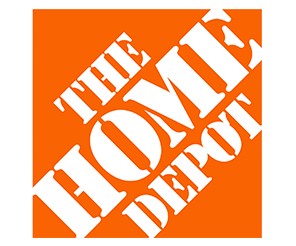US Markets Loading...
h
m
s
The growing reason people can't afford to own a home
The climate crisis is leading many insurance companies to raise homeowner premiums.
A restaurateur learned the hard way not to mess with Lauren Sánchez
NYC restaurateur Keith McNally insulted Lauren Sánchez in an unhinged, image-attacking Instagram post. It didn't go over well.
People are really annoyed about the price of fast food
Diners say they're cutting back on how often they get fast food because of rising prices.
Meet Tree Paine, the PR mastermind helping to steer the massive Taylor Swift machine
Paine left Warner Music in 2014 to exclusively rep Swift. Known for her strategic clapbacks, the publicist has become a star in her own right.
Video
New Episodes This Week
Inside the disastrous apartments of NYC men, exposed by a TikTok comedian
Calling out piles of dirty sheets, mountains of trash, and an unexplained pile of wigs, "Boy Room" is bravely going where many wish to never return.
I hired a life coach for $400 a month and finally understand what it means to 'invest in yourself.' It's the best money I've ever spent.
Paying for life coaching is the easiest money I "spend" every month because it doesn't feel like spending — it feels like (and is) an investment.
I ranked every cheese I could find at Trader Joe's. Out of the 17 I tried, I'd buy 13 again.
I tried all the Trader Joe's cheeses I could find and ranked each one from worst to best. I enjoyed the creamy Toscano soaked in syrah and Bucheron.
A dietitian who follows the Mediterranean diet shares 4 foods she always buys at the grocery store
A dietitian shares her grocery list for delicious, healthy meals on the Mediterranean diet, from protein-rich whole grains to a longevity superfood.





